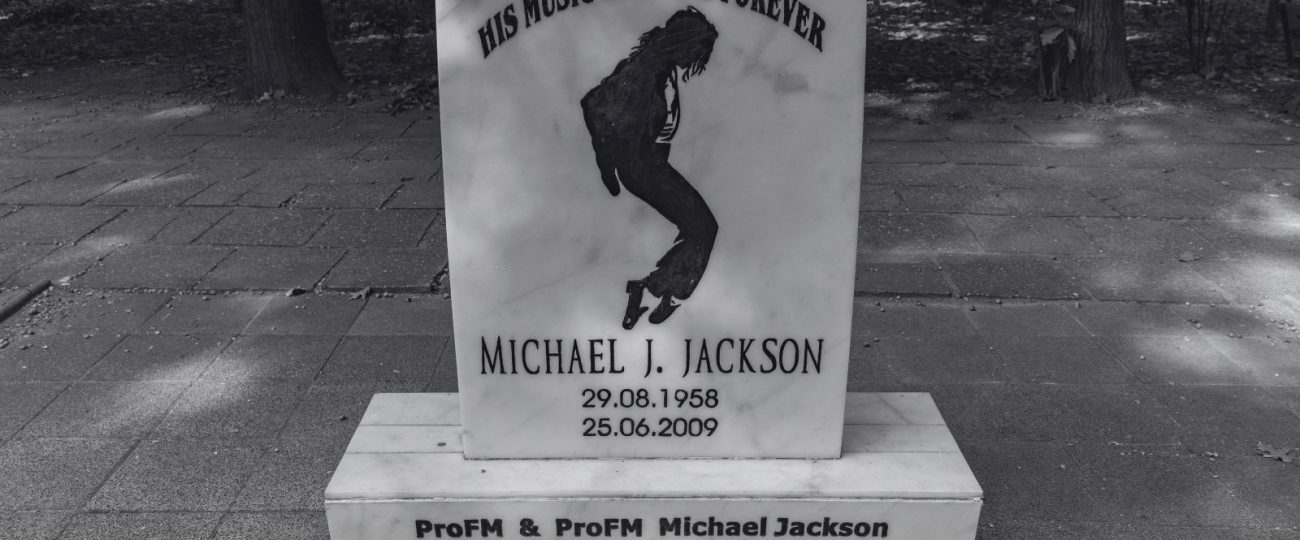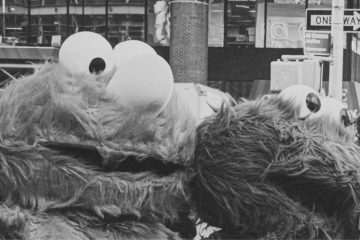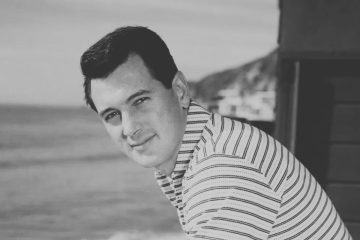What Happened On November 29th?
On November 29, 2011, a Los Angeles court sentenced Dr. Conrad Murray to four years in prison for his involvement in Michael Jackson’s death. Judge Michael Pastor denounced Murray’s actions as reckless and unethical, condemning his misuse of propofol in an unsafe, non-clinical setting without proper safeguards. The judge described Murray’s conduct as a gross deviation from medical standards, emphasizing its role in causing Jackson’s death. Crowds of Jackson’s supporters gathered outside the courthouse, expressing relief at the verdict while voicing frustration that the punishment did not match the magnitude of the loss.
During the trial, prosecutors presented evidence of Murray’s repeated failures as a physician. They showed that Murray administered propofol nightly to address Jackson’s chronic insomnia, despite its unsuitability for such use. They argued that Murray left Jackson unattended after administering the drug, failed to monitor his condition, and delayed calling 911 when Jackson stopped breathing. Prosecutors highlighted how Murray collected medication vials before summoning help, an act they claimed demonstrated an effort to conceal evidence. Expert testimony confirmed that Murray’s negligence caused Jackson’s death.
Although the court imposed the maximum sentence for involuntary manslaughter, California’s prison overcrowding laws reduced Murray’s time served to less than two years. The trial’s conclusion brought closure to a highly publicized case that revealed the dangers of unethical practices in celebrity healthcare.
In the months leading to his death, Michael Jackson rehearsed extensively for This Is It, a series of concerts scheduled for London. The project represented a critical moment in Jackson’s career, as he sought to re-establish his dominance in the music industry. The physically demanding schedule and pressure to deliver flawless performances took a toll on his health, worsening his chronic insomnia. Desperate for relief, Jackson hired Dr. Conrad Murray as his personal physician for $150,000 a month.
Court testimony revealed that Murray began administering propofol shortly after assuming his role. Jackson referred to the drug as his “milk,” underscoring his dependency on it to sleep. Propofol, designed for surgical procedures in clinical environments, required constant monitoring and specialized equipment due to its potential to cause respiratory arrest. Experts testified that Murray’s administration of propofol in Jackson’s home violated fundamental medical safety standards and exposed the singer to unnecessary risks.
On the morning of June 25, 2009, Murray gave Jackson a dose of propofol after Jackson requested help falling asleep. Instead of staying to monitor his patient, Murray left the room to make phone calls and address personal matters. When Murray returned, he found Jackson unresponsive and attempted to revive him. Rather than immediately calling emergency services, Murray delayed, opting to gather vials of medication from the scene.
Paramedics arrived to find Jackson in cardiac arrest. Despite their efforts, doctors at the hospital pronounced Jackson dead shortly afterward. The coroner’s report identified acute propofol intoxication as the primary cause of death, with benzodiazepines contributing to the overdose. Autopsy findings also revealed chronic lung inflammation and signs of physical exhaustion, indicating Jackson’s deteriorating health in the weeks leading up to his death.
The trial exposed numerous failings in Murray’s care. Phone records revealed that Murray spent more than 45 minutes on personal calls during the critical period when Jackson’s condition deteriorated. Testimony showed that Murray failed to provide essential medical equipment, such as a pulse oximeter or oxygen supplies, which could have mitigated the risks of propofol use. Experts described these omissions as grossly irresponsible, particularly given the known dangers of the drug.
Investigators discovered that Murray ordered large quantities of propofol in the weeks before Jackson’s death, shipping the medication to his girlfriend’s apartment instead of a medical facility. Witnesses testified that Murray, who faced over $500,000 in debts and lawsuits from creditors, viewed his position with Jackson as an opportunity to resolve his financial problems. Prosecutors argued that Murray’s financial desperation motivated him to prioritize Jackson’s demands over medical ethics.
Court testimony revealed that Jackson’s chronic insomnia had persisted for over a decade, exacerbated by the pressures of his career. The trial confirmed that Jackson had sought propofol from other doctors before hiring Murray, though many refused to administer the drug outside a hospital. This pattern underscored Jackson’s reliance on short-term solutions for his health challenges.
The investigation also revealed the fragmented nature of Jackson’s medical care. Despite his wealth and fame, Jackson relied on multiple physicians who rarely coordinated their treatments. This lack of communication left Jackson vulnerable to overmedication and dangerous drug interactions, as no single doctor maintained a comprehensive understanding of his health history.
Murray’s decision to administer propofol nightly, despite knowing its risks, further demonstrated his disregard for Jackson’s safety. Witnesses testified that Murray attempted to wean Jackson off the drug weeks before his death but failed to implement alternative treatments. Instead, Murray resumed administering propofol, a choice experts described as both reckless and unethical.
The trial brought attention to systemic issues in celebrity healthcare. Jackson’s reliance on unqualified doctors willing to accommodate his requests highlighted the risks of prioritizing convenience over proper care. Murray, a cardiologist with no expertise in sleep medicine or anesthesiology, accepted a role he was ill-equipped to fulfill. His decisions exemplified the dangers of placing financial gain above patient welfare.
Despite his conviction, Murray continued to deny responsibility for Jackson’s death. In interviews following his release from prison, he portrayed himself as a scapegoat and claimed he acted in Jackson’s best interest. His refusal to accept accountability angered Jackson’s family and fans, who viewed his statements as an attempt to deflect blame.





